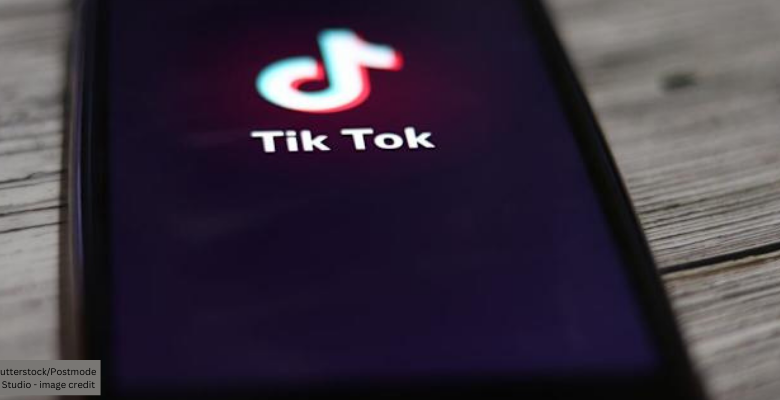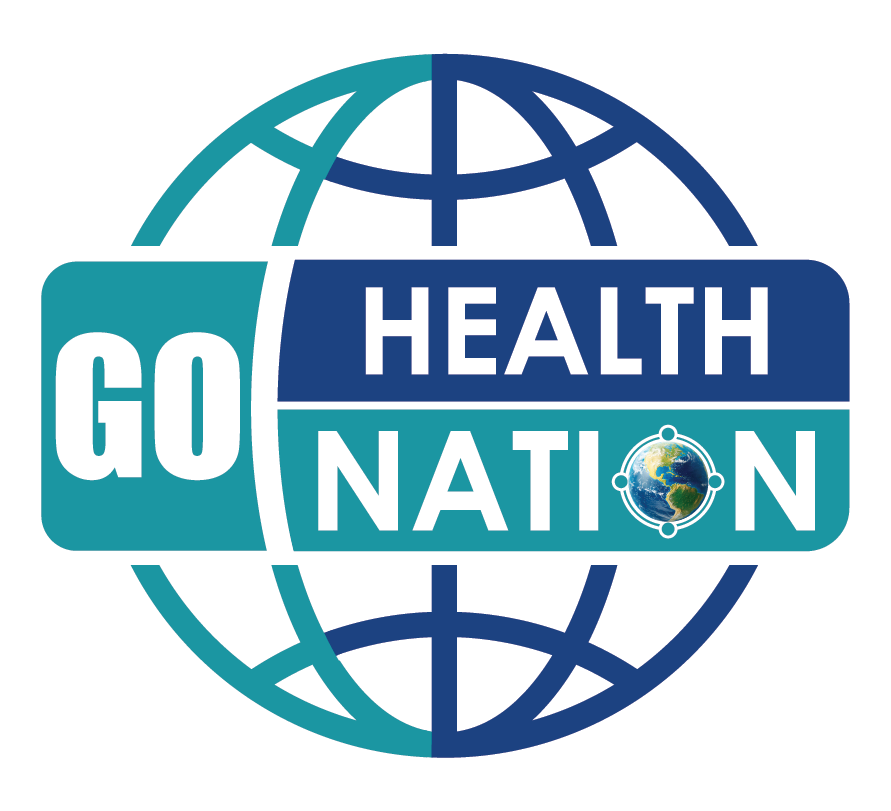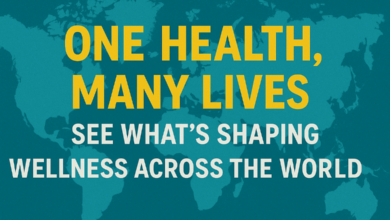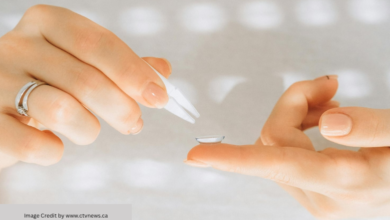TikTok’s ADHD Misinformation Is Shaping Young Adults’ Perception, UBC Study Finds

- TikTok ADHD content inaccurate
- Less than half claims valid
- Young adults misjudge ADHD
- Experts rate videos differently
- Fact-checking urged by experts
A new study from the University of British Columbia (UBC) has revealed that much of the ADHD-related content on TikTok is inaccurate, potentially influencing young adults’ understanding of the disorder. The research found that many popular ADHD videos do not align with clinical guidelines, leading to misconceptions and possible self-diagnosis.
Key Findings of the Study
Researchers analyzed the 100 most-viewed TikTok videos under the hashtag #ADHD and discovered that:
✔ Less than half of the claims about ADHD symptoms matched clinical guidelines.
✔ Many TikTok creators shared personal experiences without clarifying that their experiences might not be universal.
✔ Young adults who frequently watched ADHD-related TikToks overestimated the prevalence and severity of the disorder in the general population.
✔ Despite unreliable information, viewers were more likely to recommend these videos to others.
How TikTok Influences ADHD Perceptions
ADHD (Attention Deficit Hyperactivity Disorder) is one of the most common neurodevelopmental disorders, affecting 3% to 7% of adults worldwide. However, many TikTok videos misrepresent symptoms, linking everyday behaviors—such as liking certain TV shows, having a sweet tooth, or bumping into objects—to ADHD.
The study also surveyed 843 undergraduate students to evaluate their TikTok habits and asked them to rate ADHD videos. The results showed:
✔ Clinical psychologists rated the most accurate ADHD videos at 3.6/5, while young adults rated them lower at 2.8/5.
✔ The least reliable videos received 1.1/5 from psychologists, but young adults rated them significantly higher at 2.3/5.
This gap suggests that misinformation often goes unnoticed by young viewers, reinforcing false beliefs about ADHD.
The Role of Mental Health Experts on Social Media
The researchers emphasize that mental health professionals should engage more actively on platforms like TikTok to counter misinformation.
“Some young adults turn to TikTok due to barriers in accessing healthcare. As professionals, we need to address these equity gaps and provide accurate, reliable information,” said Dr. Amori Mikami, a UBC psychology professor and senior author of the study.
How to Identify Reliable ADHD Information
To avoid misinformation, the researchers recommend young adults:
✔ Cross-check TikTok content with reputable medical sources, such as healthcare websites and books.
✔ Seek guidance from medical professionals, therapists, or university mental health services.
✔ Consider stress, anxiety, or lifestyle factors before assuming they have ADHD.
Final Thoughts
TikTok can be a valuable tool for raising awareness, but its viral nature allows misinformation to spread quickly. This study serves as a wake-up call for both viewers and content creators to ensure ADHD-related content is based on facts rather than personal anecdotes.
What’s your take? Have you noticed ADHD misinformation on TikTok? Share your thoughts in the comments!





